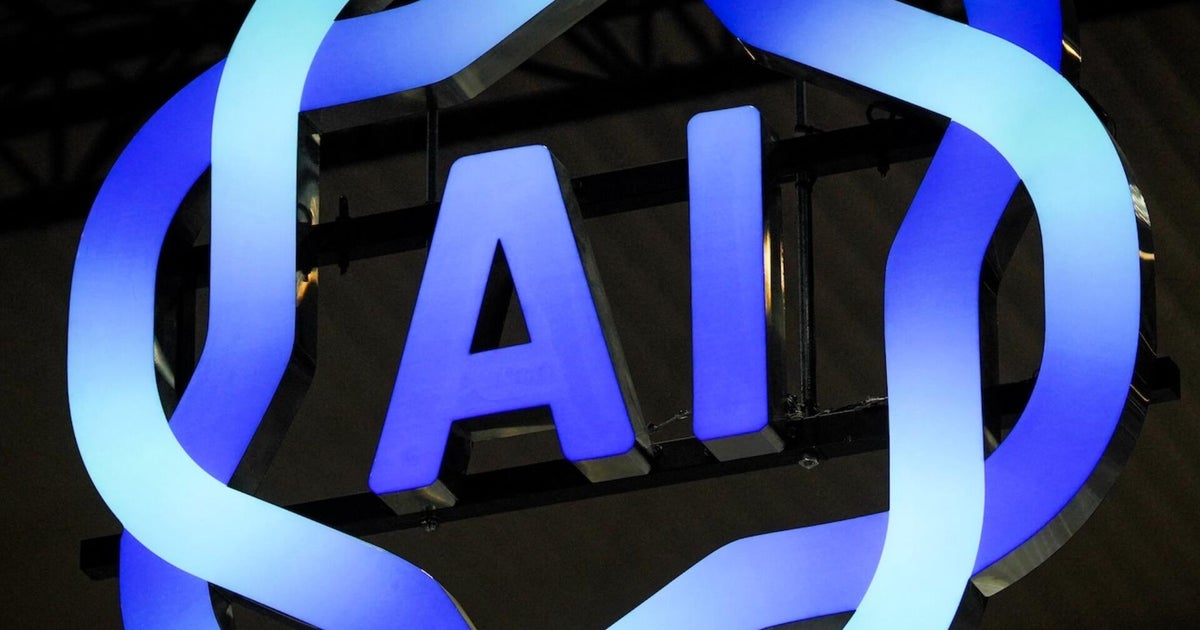A fintech startup that raised $40 million based on the premise of its artificial intelligence capabilities was fueled by human labor, allegedly defrauding investors lured by the new technology of millions, federal prosecutors said this week in a statement.
Albert Saniger, 35, the former CEO and founder of Nate in 2018, who is from Barcelona, Spain, was indicted in the Southern District of New York for engaging in a scheme to allegedly defraud investors and making false statements about his company’s AI capabilities.
Nate, an e-commerce company, launched the nate app that claimed to streamline the online shopping checkout process via a single AI-powered tap option. But the app was not powered by advanced AI technology at all, according to the indictment.
With the promise of custom-built “deep learning models” that would allow the app to directly purchase goods on product pages in fewer than three seconds, Saniger raised over $40 million. While instructing employees to keep nate’s reliance on overseas workers secret, he pitched investors an AI-driven product capable of 10,000 daily transactions.
Instead, the app allegedly relied heavily on overseas workers in two different countries who manually processed transactions, mimicking what users believed was being done by automation. Saniger, meanwhile, allegedly told investors and the public that the transactions were being completed by AI.
“Saniger allegedly abused the integrity associated with his former position as the CEO to perpetuate a scheme filled with smoke and mirrors,” the U.S. Justice Department said in a statement.
In the technology’s absence, Saniger allegedly relied heavily on hundreds of workers at a call center in the Philippines, court documents said. When a deadly tropical storm struck the country in October 2021, the indictment said, nate established a new call center in Romania to handle the backlog of customer services. Investors were likely never exposed to the lull in transactions because Saniger directed that transactions by investors be prioritized to avoid suspicion.
The aftermath of the company’s fallout in 2023, left investors with near-total losses, the indictment said.
U.S. private AI investment grew to $109.1 billion last year — and the U.N. trade and development arm said market share is poised to climb to $4.8 trillion by 2033.
AI is widely perceived as being free from human intervention but the reality paints a more complicated picture. Nate is not the only company that has capitalized on AI through cheap labor overseas.
In 2023, The Washington Post exposed ‘digital sweatshops’ in the Philippines where employees worked on content to refine American AI models for a company called Scale AI, which multinational technology conglomerates like Meta, Microsoft and OpenAi utilize.
CBS News reached out to the U.S. attorney’s office and Saniger for comment.







